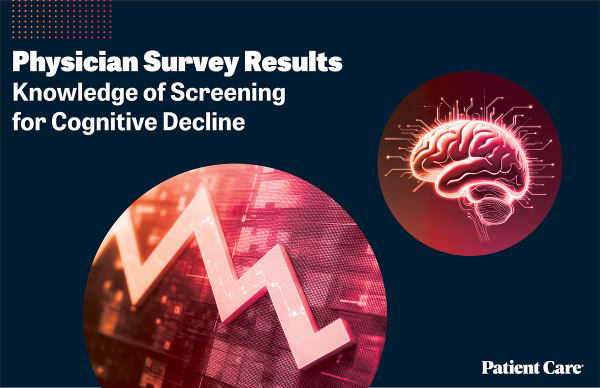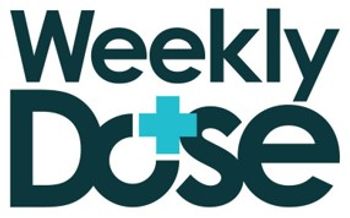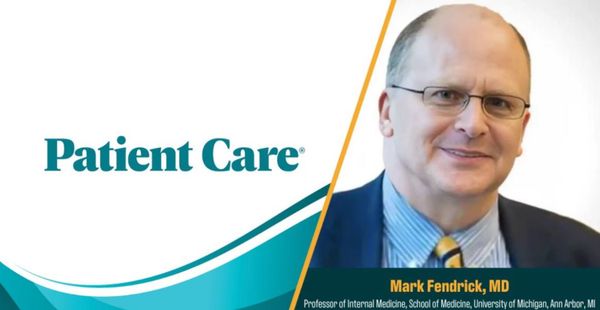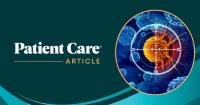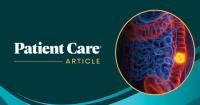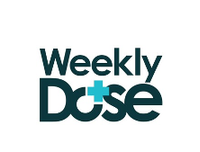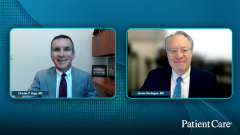
Adult Immunization
Latest News

Long-Term Data Support Sustained Bimekizumab Response in Hidradenitis Suppurativa
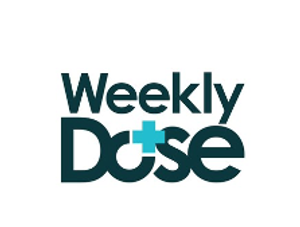
Weekly Dose Podcast: New Obesity Data, Insulin Guidance, and Mental Health Screening
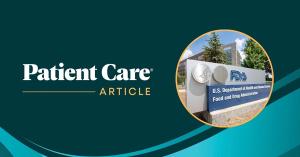
First Oral Film Treatment for Erectile Dysfunction in Men Gains FDA Approval
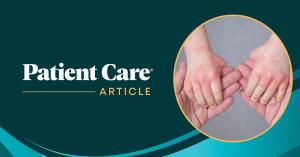
Topline Phase 2 Data Show Roflumilast Cream Improves Atopic Dermatitis in Infants as Young as 3 Months

Colorectal Cancer Screening in 2025: What Changed, and What Didn't, with Mark Fendrick, MD
Shorts










Latest Videos
Podcasts
Screening
Continuing Medical Education
All News

A new study reveals icotrokinra's comparable efficacy to existing therapies, offering hope for treatment-refractory patients facing resistance challenges.

The FDA delays approval of Anaphylm, a sublingual epinephrine film for anaphylaxis, citing administration and human factors study deficiencies.

Amesh Adalja, MD, infectious disease physician, outlines effective communication strategies that respect patient concerns while reinforcing physician credibility.
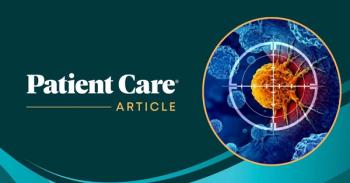
GRAIL Submits FDA Premarket Approval Application for Galleri Multi-Cancer Early Detection Blood Test
GRAIL advances cancer detection with FDA application for Galleri, a groundbreaking blood test aimed at early detection of multiple cancers.

Obesity medicine specialist Monu Khanna, MD, discusses the critical role of primary care in obesity-related risk reduction through lifestyle, behavior, and emerging therapies.

Roche's CT-388 shows promising results with 22.5% weight loss in a phase 2 trial, advancing obesity treatment options significantly.

Centanafadine's FDA priority review signals potential innovation in ADHD treatment, offering a new nonstimulant option for diverse patient needs.
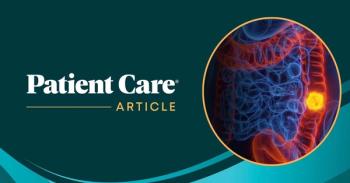
Colorectal cancer emerges as the top cancer killer for US adults under 50, highlighting urgent needs for early detection and screening strategies.

The FDA updates Afrezza's prescribing information, enhancing dosing guidance for adults switching from injected insulin to improve glycemic control.




